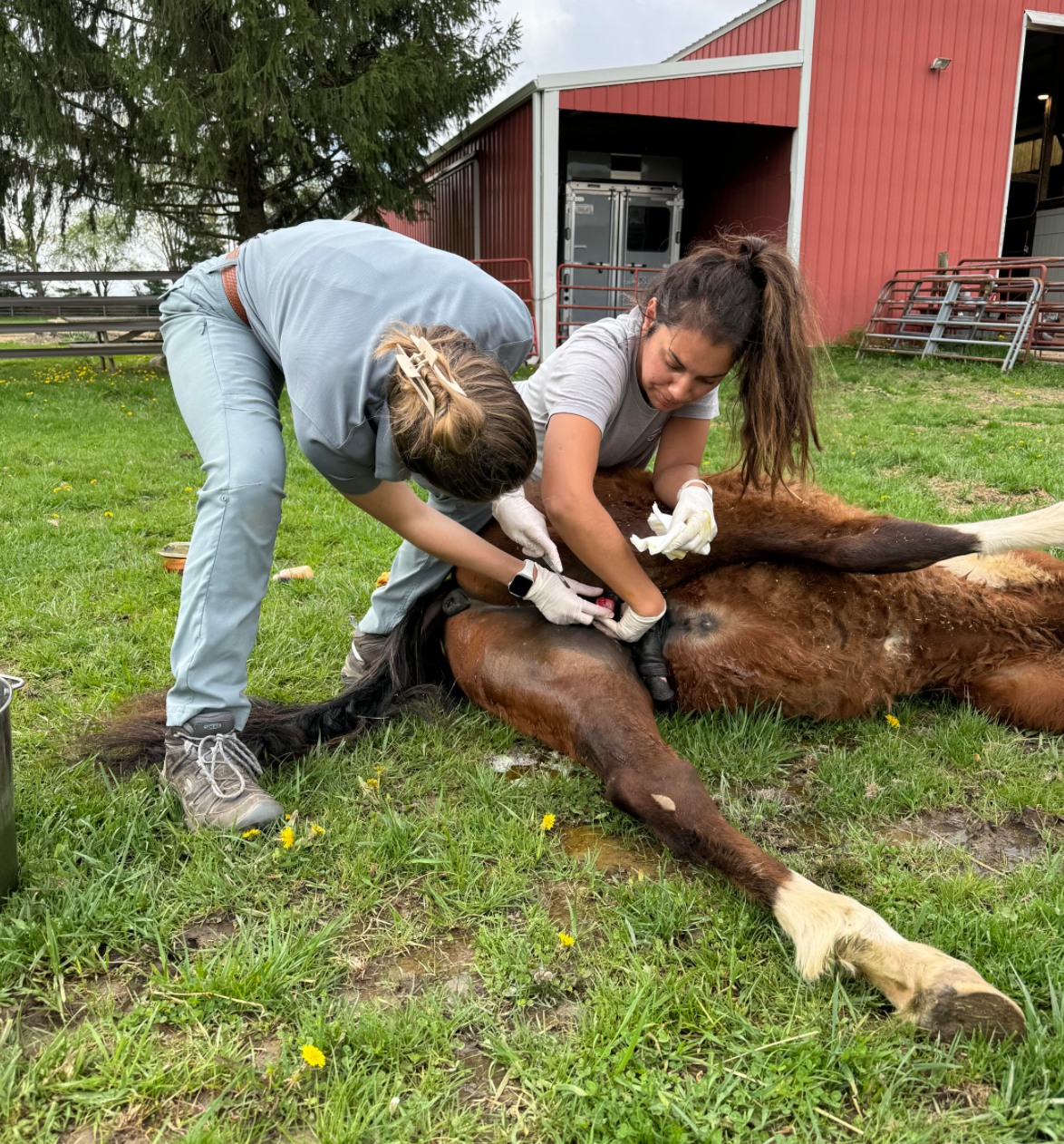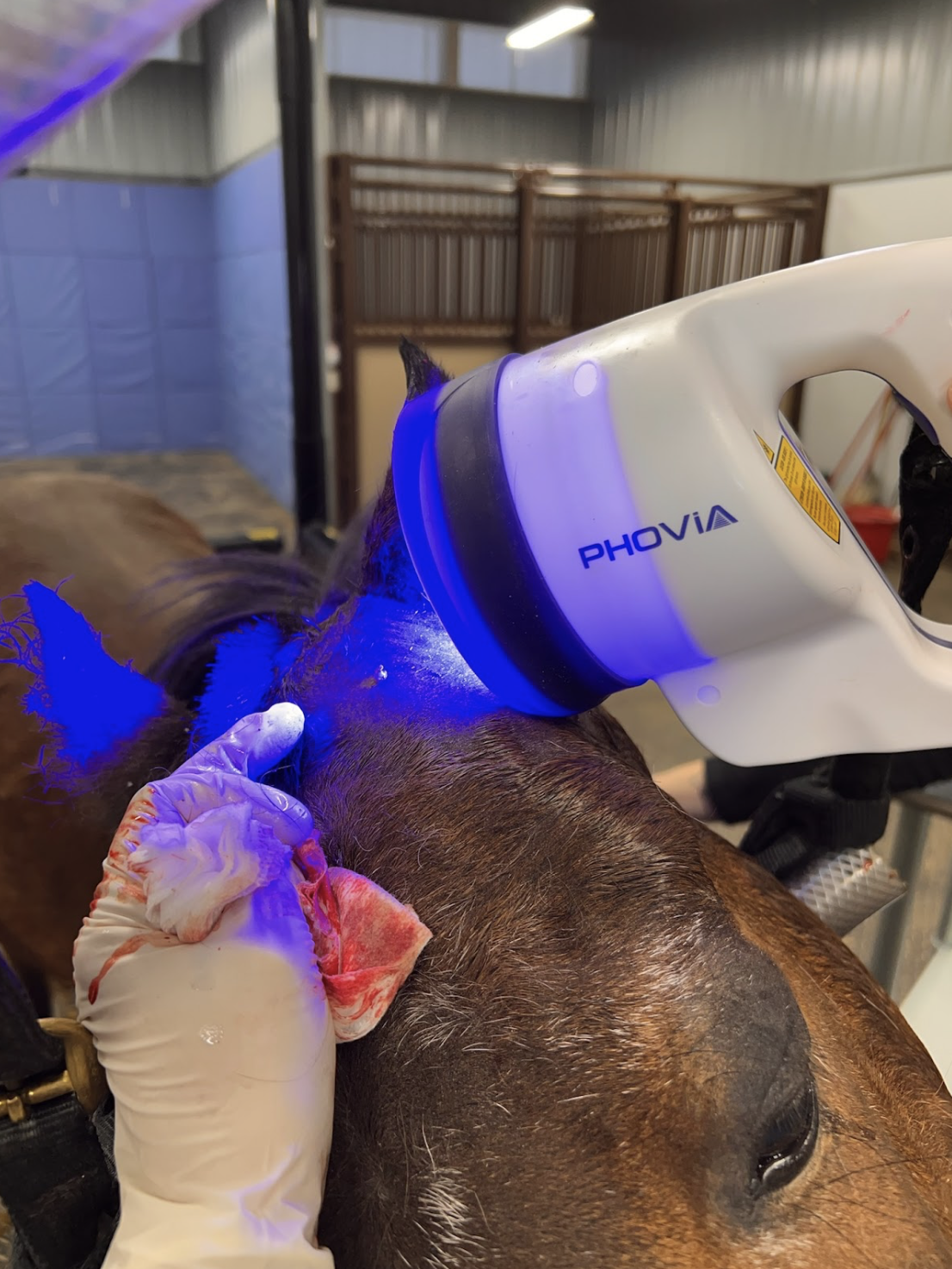Why Castrate?
Why castrate? Gelding a horse is a routine, yet essential step in a horse’s development, supporting improved behavior, herd compatibility and long-term health. We specializes in safe, professional and compassionate castration procedures for young colts and stallions.This procedure can be safely …










